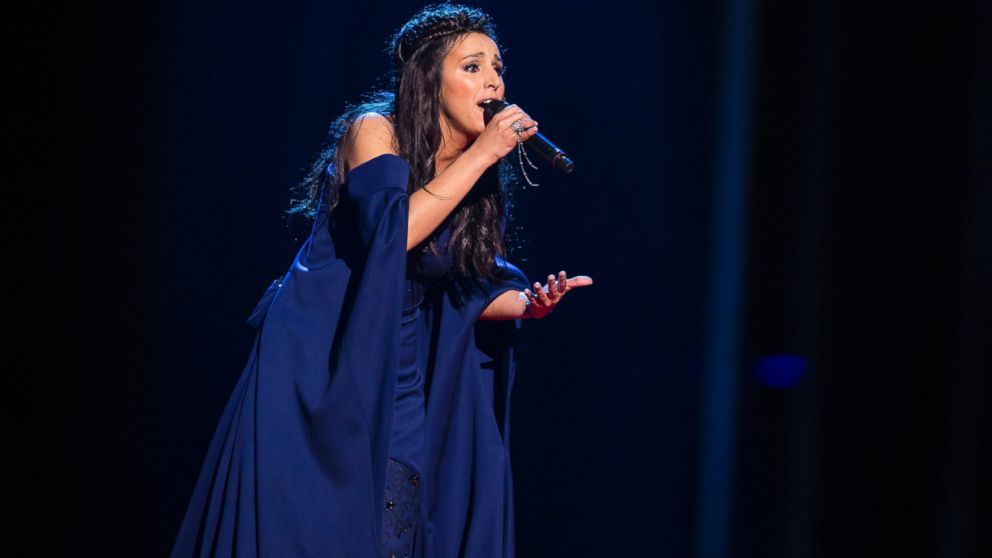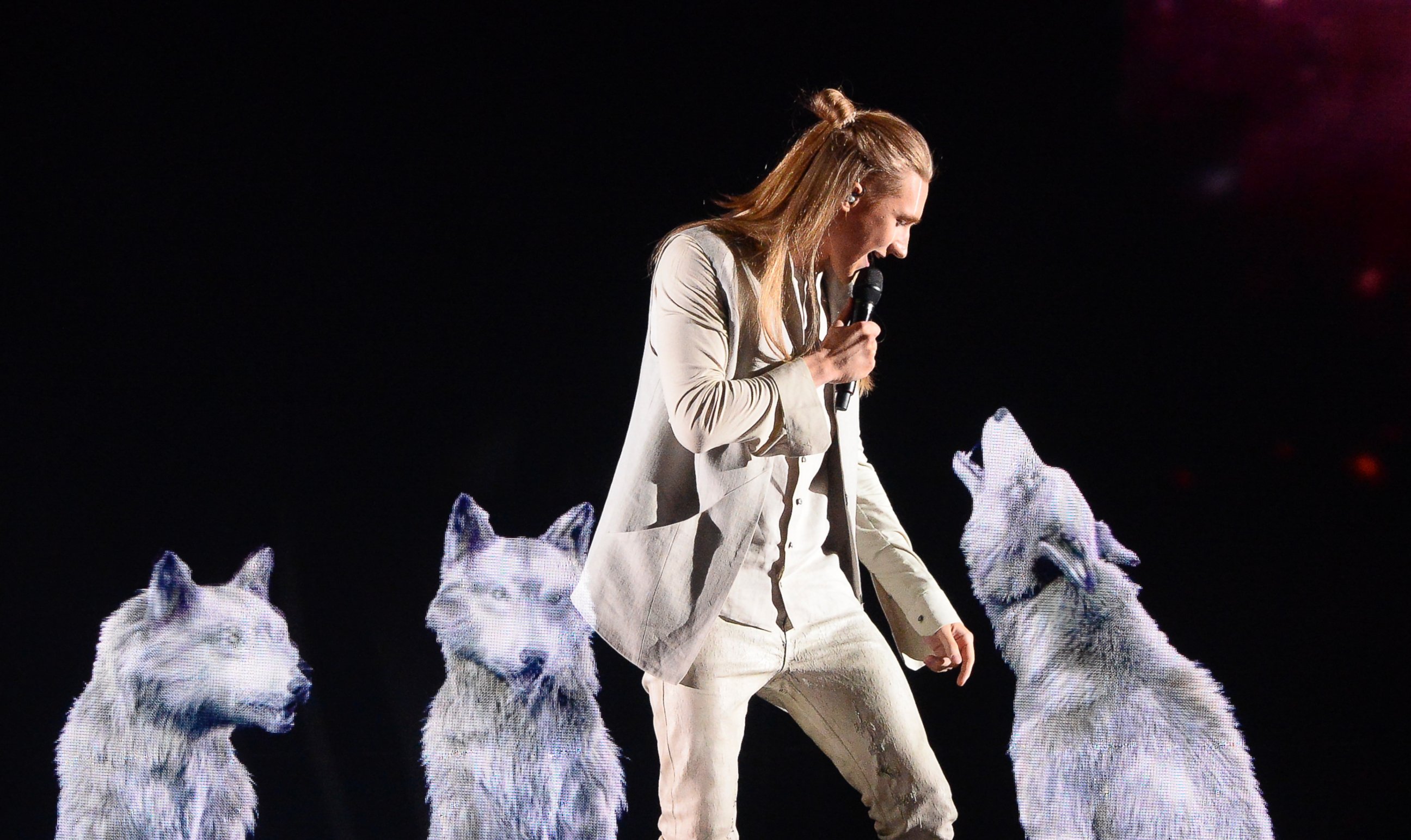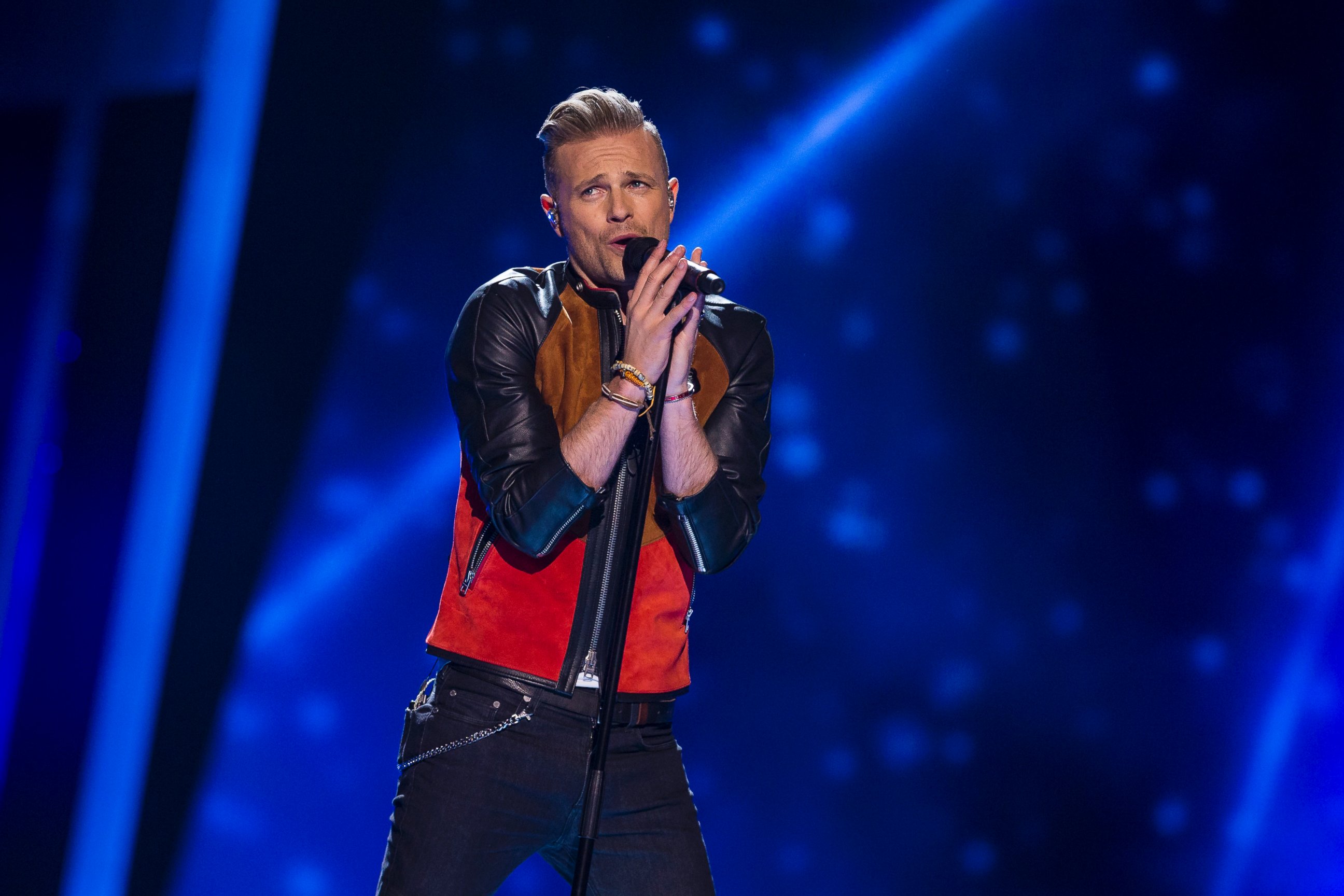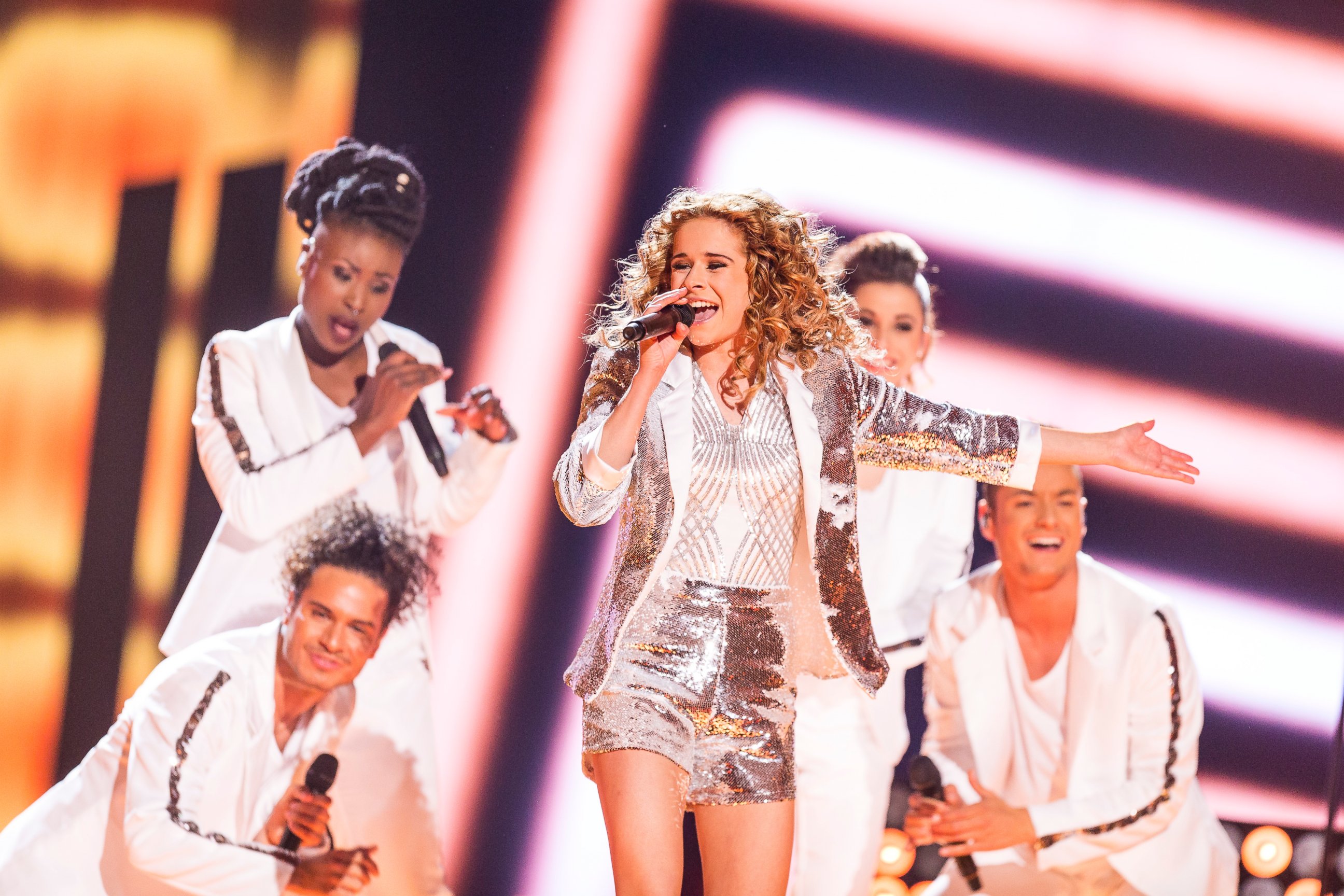Eurovision: Everything You Need to Know Ahead of the Grand Final
The Grand Final will be broadcast live in the U.S. for the first time Saturday.

— -- The longest-running annual international TV song competition and one of the most watched non-sporting events in the world is coming to American screens for the first time on Saturday.
The Eurovision Song Contest, often referred to as simply “Eurovision," is a song competition on TV between singers from different countries. The number of participants has grown from just seven in 1956 to 42 today.
Each participating country submits an original song to be performed live on the program, which is transmitted simultaneously to all countries. Votes from a jury and the public are combined to determine the most popular song in the competition.
Last season, the show was watched by an estimated 180 million viewers, according to Eurovision, and now it's coming to the U.S. Logo, a channel aimed at the LGBT community in the U.S., will air the show's final live and stream it on its website and mobile app.
Here’s what you need to know to prepare:

A few important facts:
The competition was conceived during a meeting in Monaco in 1955 by Marcel Bezençon, a Frenchman working for the European Broadcasting Union, according to the Eurovision website.
More than 1,400 songs have been sung in the competition since the show began. Each song must not be longer than three minutes and performances cannot include more than six people on stage.
So who are these singers we’ve never heard of?
A cast of singers from 26 countries have made it to the Grand Final. Each country has one singer –- all probably unknown to most of you.
In the early days, back in the '60s, it was just Western European and Scandinavian countries. Now, the competition includes Russia, Morocco, Israel, and Australia. This year, 42 countries competed.
The way countries chose their singers varies. For example, in Sweden there's a one-month contest domestically. In other countries, the lucky one is picked by the music industry. The reason that countries like the U.K. don't just choose artists like Adele to represent them is that it's just too risky. Record companies don't want to deal with unpredictable voting and risk artists being tainted by the show’s well-known tackiness.
Britain, France, Germany, Italy and Spain automatically jump to the finals because their national broadcasters contribute the most funding.
This year, the Russian contender, Sergey Lazarev, with his techno ballad, "You Are the Only One," is the favorite to win. But the Netherlands also has a shot, with Douwe Bob and his ballad song "Slow Down."

Why should we watch it?
Because it’s cheesy and you’ll love it. The show is known for being pretty tacky. Performances usually include wind machines. Songs are usually about love and world peace. There's bound to be at least one performer in traditional costume. And at least one singer will try singing in English, despite not speaking the language.
Because there’s bound to be some controversy. While the rules state that singers are not allowed to make political statements ("No lyrics, speeches, gestures of a political or similar nature shall be permitted"), there's room for interpretation.
Oh, and because Justin Timberlake will perform his new song "Can’t Stop the Feeling" at some point during the final.

How does it even work?
The winner is selected by a so-called "positional voting system." This means that each country can award two sets of 12, 10, 8–1 points to their 10 favorite songs. One set of votes comes from a professional jury and the other set comes from the public.
Countries cannot vote for their own singer -- which means there's a lot of unofficial tactical voting. Countries often vote for their neighbor or friends.




